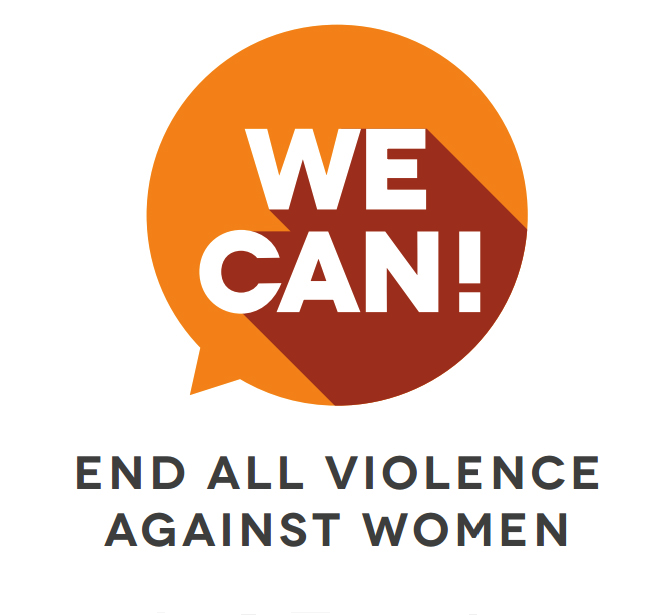-
Advocacy Theme
-
Tags
- Abortion
- Adoption
- Caregiving
- CEDAW
- Disability
- Domestic Violence
- Domestic Workers
- Harassment
- Healthcare
- Housing
- International/Regional Work
- Maintenance
- Media
- Migrant Spouses
- Migrant Workers
- Muslim Law
- National budget
- Parental Leave
- Parenthood
- Polygamy
- Population
- Race and religion
- Sexual Violence
- Sexuality Education
- Single Parents
- Social Support
- Sterilisation
- Women's Charter
‘Would you step in?’: the We Can! video
December 4th, 2013 | News
 What would you do if you saw a man abusing his girlfriend in the middle of Orchard Road? The We Can! campaign poses this question with a new video, ‘Would you step in?’, which has attracted more than 41,000 views on YouTube in just two days.
What would you do if you saw a man abusing his girlfriend in the middle of Orchard Road? The We Can! campaign poses this question with a new video, ‘Would you step in?’, which has attracted more than 41,000 views on YouTube in just two days.
This video shows how we can all step in to help strangers in need and to end violence against women – a message that urgently needs to be heard. The Charities Aid Foundation, which measures the willingness of people to help strangers across 135 countries and economies, ranked Singapore in second last place in its latest index.
The video depicts violence in a public place, but it also points out that most violence against women happens at home. Visit the We Can! Facebook app, Blk 2511, to go behind the doors of a seemingly peaceful HDB block and uncover everyday stories of abuse.
Intervention is as important here as it is out on the street. Many survivors of domestic violence cite a lack of support from family and friends as a major reason they were forced to remain in an abusive situation. They may be told that it is their responsibility to placate their abusers, or that they should endure abuse for the sake of their children. Leaving violent relationships can have consequences for matters such as finances and housing, which can only be addressed with support from others.
We Can! asks every one of us to provide that support. On an individual level, we can offer a listening ear or a safe place to stay. We can also intervene to let abusers know that their abusive conduct is unacceptable and correct the misconceptions that they use to justify it. We can participate in changing the social structures and attitudes that enable, legitimise and perpetuate violence. People who wish to find out more about the changes they can make are invited to participate in a We Can! workshop where these questions are explored in greater detail.
Frequently asked questions about ‘Would you step in?’
1. Why focus on violence against women specifically?
Violence of any kind is deplorable, regardless of the gender of the victim. Blk 2511 showcases a range of stories of violence, and both male victims and female abusers are among the characters featured.
However, the gendered attitudes that enable and excuse violence against women have many specific features that differ from societal attitudes towards other forms of violence, so it is helpful to address them separately. Moreover, recent statistics released by PAVE indicate that spousal abuse is the most common form of family violence and most victims of spousal abuse are women. This is consistent with global patterns in intimate partner abuse (see for example the findings of the World Health Organisation).
2. Does the video trivialise violence against women?
The scenario acted out in the video, like the stories in Blk 2511, has been created based on the accounts of real people who have encountered violence. One of the messages of We Can! is that violence isn’t always black and blue – it can take many forms and verbal abuse is often part of a broader pattern of abuse involving other kinds of violence too.



